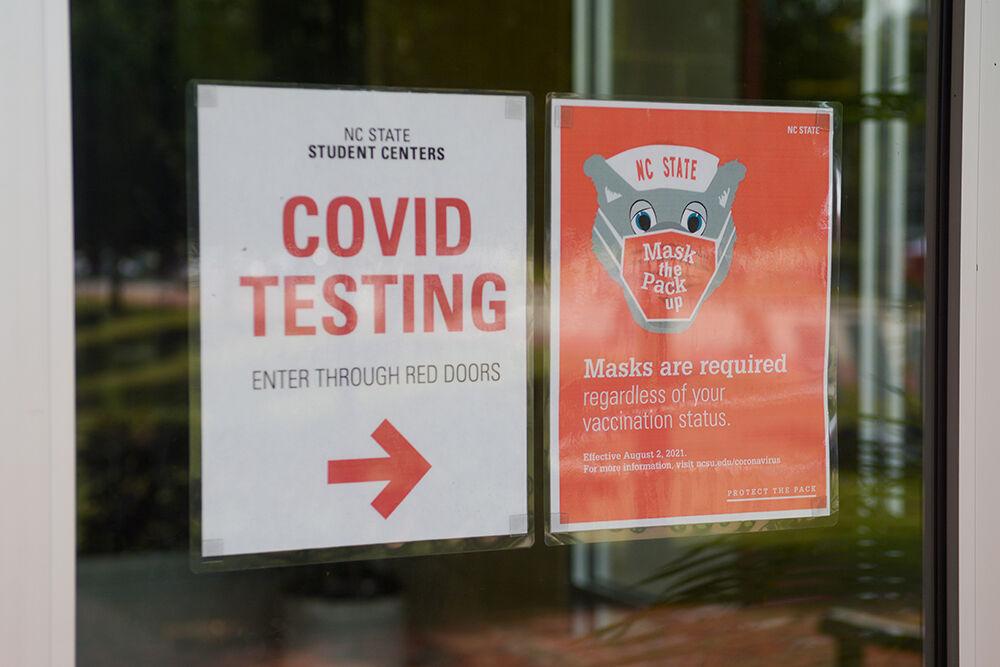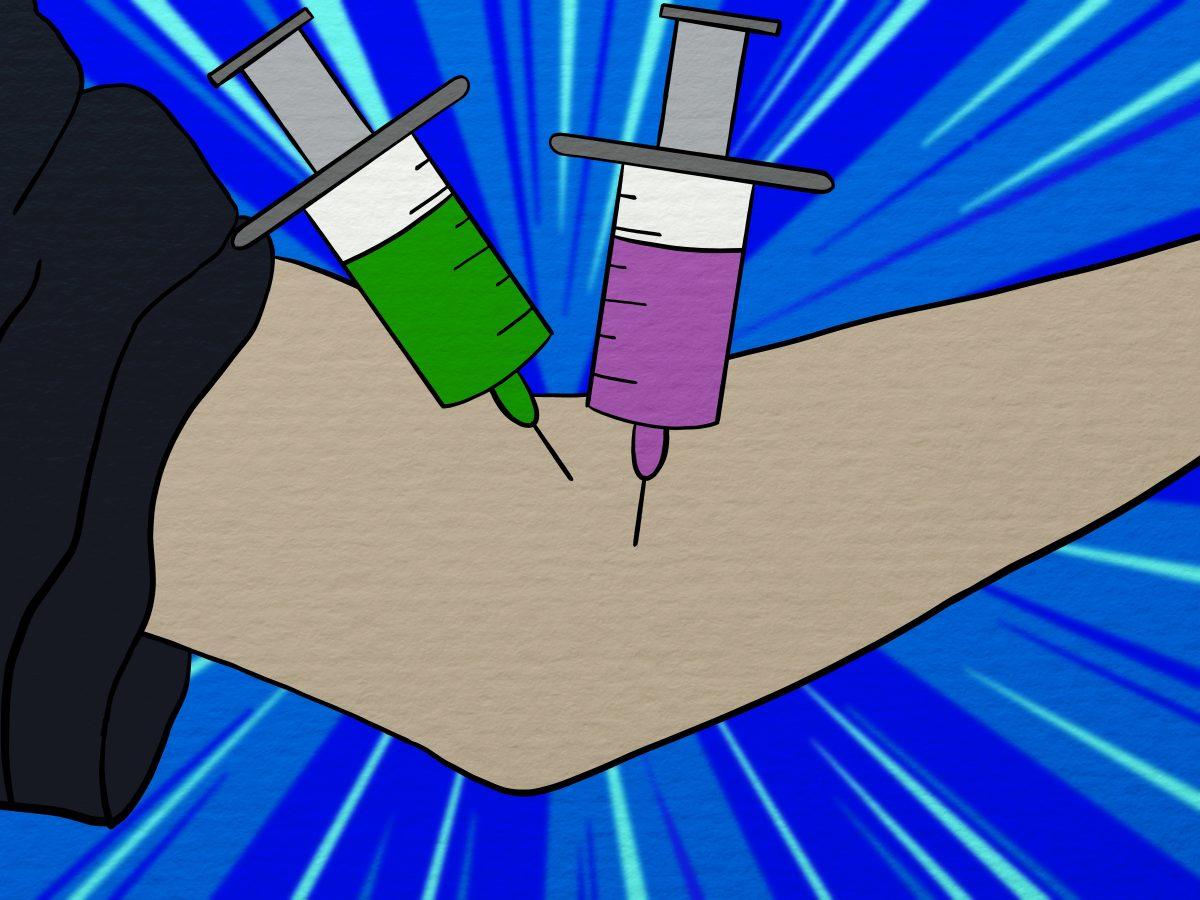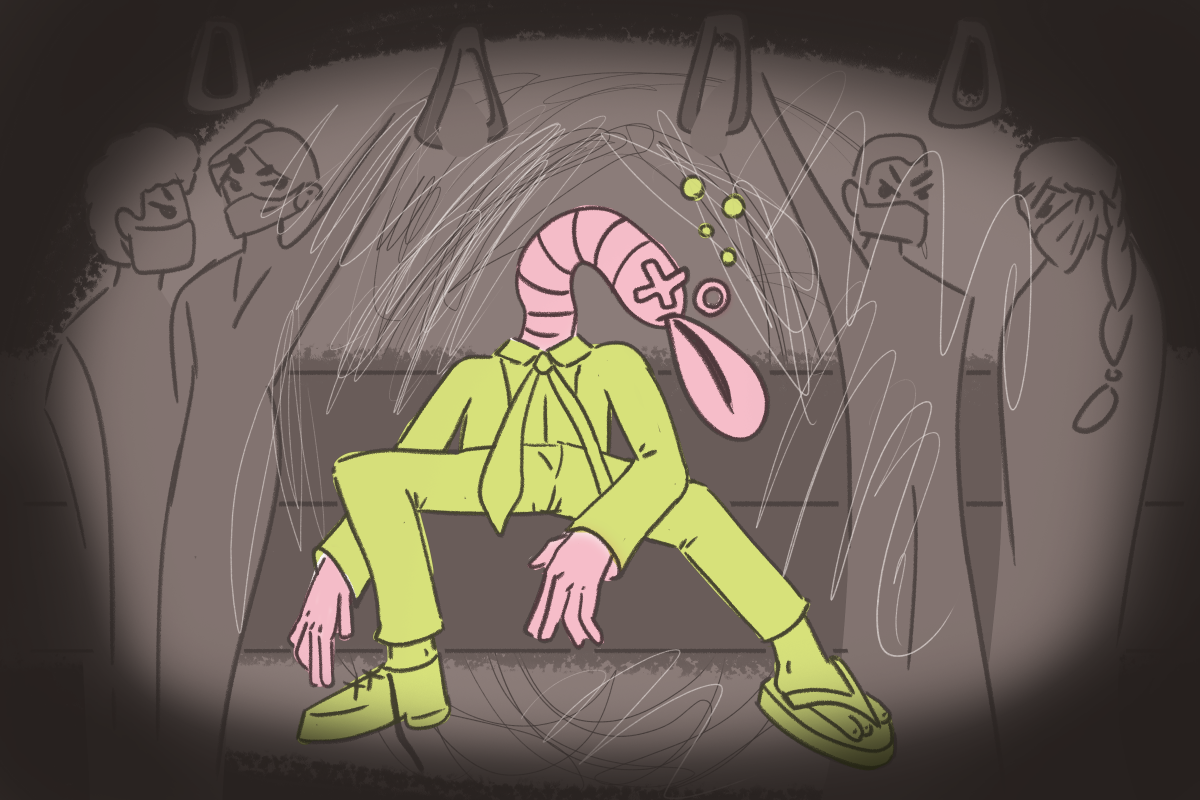Over the last few years, it seems that conspiracy theories of all types have come back to the forefront of American discourse. Between Area 51 raids, conspiratorial posts online about the seriousness of COVID-19 and the rising prominence of the internet cult of QAnon, we seem to be living in a moment uniquely primed for conspiracy theories to circulate.
While we are living through a moment that may feel completely unparalleled to any other moment in history, conspiracy theories remain a disturbingly durable and constant phenomena, although baseless.
According to Verena Kasper-Marienberg, an assistant professor of history at NC State, pandemics and political upheaval often lead to a rise in conspiracy theories.
“When we have moments of crisis and we see big parts of society being particularly anxious about the future and about dynamics and change — be it economically, be it healthwise, be it environmentally, be it through war or disease — it’s generally a specifically vulnerable time to be open to alternative models of explanation when it seems there is no explanation, or when the explanations are so complex that they are hard to understand,” Kasper-Marienberg said.
Brent Sirota, an associate professor of history and the director of history graduate programs, said conspiracy theories develop out of our attempts to explain the justness of the universe.
“Conspiracy theorists partake in a theological discourse known as theodicy,” Sirota said. “Theodicy is basically, ‘Why do bad things happen to good people?’ Theodicy is a branch of theology that’s about explaining God’s justice in the world… and is a theological language to explain evil in the world. Conspiracy theory is, in many ways, a kind of secular theodicy. It’s a way of explaining historical evil and historical catastrophe.”
When considering the broad draw of conspiracy theories more generally, it’s worth wondering why specific theories prove to have such a long shelf life, especially those that have been officially debunked.
Kasper-Marienberg discussed the continued fascination and distribution of “The Protocols of The Elders Of Zion,” an anti-Semitic text from the late 19th century that purports to be a discovered conversation of global domination between various Jewish leaders. “The Protocols” have been debunked as fakes by multiple investigations and researchers, yet this actually emboldened the theorists and their beliefs.
“Just handing it over to an authority and making it an official investigation was enough to actually give it more legitimacy, no matter the outcome,” Kasper-Marienberg said. “As soon as serious agencies took it on to deal with that, it helped the conspiracy theories rather than debunking them.”
The inability to dispel the public fascination or credence given to frequently disproved conspiracy theories remains one of the most frightening things about living through our current era of increased conspiracy theories. If publicly and repeatedly disproven conspiracy theories doesn’t change people’s minds, what possibly could?
Alicia McGill, an assistant professor of history who teaches HI 305: Frauds and Mysteries of the Past, suggests placing increased importance on critical thinking and logic within education.
“We consume all this information all over the place, especially with conspiracy theories and our current political climate, that people just don’t know what to trust, and I think a lot of times people think, ‘I can’t evaluate it,’” McGill said. “For example, claims about COVID, they are like, ‘Well, I’m not a scientist, I don’t know how vaccines work’ or ‘I don’t know how to read science’. But we do. We can think about common sense.”
McGill hopes her class will help students recognize the critical thinking skills that they do have. Now and always, it seems like a good time to equip our students with the skills they need to know to discern information from falsehoods.


















